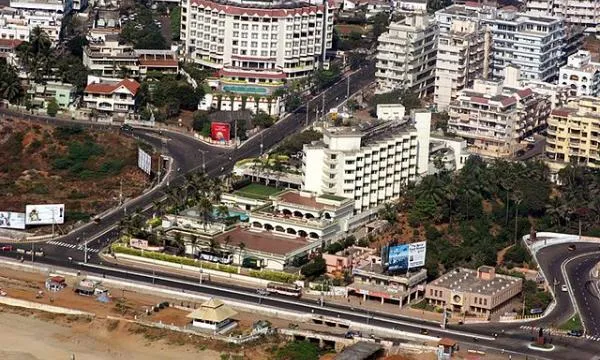
India's Andhra Pradesh eyes lowering wind and solar purchase costs
5.2GW of projects with pre-determined tariffs could face renegotiation of costs.
The Andhra Pradesh (AP) government’s move to review and bring down the purchase cost of wind and solar energy could aggravate the problem of delayed payments from distribution companies (discoms) and stress about 5.2GW of renewables projects with estimated debt exposure of over $3.04b (INR 21,000 crore), according to CRISIL Ratings.
Nearly half of this capacity is at higher risk of default since they lack liquidity support beyond project level, the firm said in a note.
The AP order, issued on 1 July 2019, directs a high-level negotiation committee to use current rates, rates prevalent at the time of commissioning of projects, and the current opportunity cost of other sources of power to benchmark and renegotiate agreements, as well as submit its report to the state in 45 days.
“In the event of any adverse recommendation by the committee, generators may take the legal route to stall implementation, which will prolong resolution and result in further delays in payment to renewable projects,” said CRISIL Ratings. AP discoms are already facing a significant resource crunch with revenue gap (revenue generated less the operating expenses) widening in fiscal 2019, and have been delaying payments to generators by 6-12 months.
Ankit Hakhu, associate director, CRISIL Ratings, commented, “Any prolonged delay would put ~50% of capacity (~2.6 GW with $1.54b [~INR 10,600 crore] of debt) at immediate risk of default in debt servicing as these projects would have no other liquidity support apart from project-level liquidity reserves typically ~6 months of debt servicing.”
The rest 50% of capacity (with $1.51b [~INR 10,400 crore] of debt) may get a temporary lifeline being part of renewable groups or being part of corporates with financial flexibility. “Such groups are prudently earmarking liquidity from recently raised capital at the holding company level, and may sustain debt servicing of such projects by another 6-12 months,” Hakhu added.
Manish Gupta, senior director, CRISIL Ratings, commented, “Around 5.2GW projects out of 7.5GW in AP are supplying power to state discoms under long-term power purchase agreements (PPAs) at pre-determined tariffs. They now face renegotiation risk given that their tariffs are above the recent auction prices of below 4.3 cents (INR 3) per unit for renewable projects and average power purchase cost of 5.5 cents (INR 3.8) per unit in AP in fiscal 2019.”
However, this excludes inter-state transmission system (ISTS) projects of 2 GW, where the exposure is to central counterparties (of NTPC Ltd. and Solar Energy Corporation of India) and are “relatively safe” as the payments to the developers are from the counterparties’ pooled cash flows, Gupta said.
Issues of tariff renegotiation have also surfaced in the past in AP when discoms requested renegotiation of contracted wind tariffs to lower levels, which was rejected by the Andhra Pradesh Electricity Commission (APERC) by upholding the terms of the signed power purchase agreements. “However there has been no stance from APERC on the current issue, so far,” CRISIL Ratings noted.
“A quick resolution here is also necessary to prevent vitiating of investor confidence in the sector, which is crucial to achieving the central government’s goal of 175 GW renewables capacity by fiscal 2022,” the firm said.








![Cross Domain [Manu + SBR + ABF + ABR + FMCG + HBR + ]](https://cmg-qa.s3.ap-southeast-1.amazonaws.com/s3fs-public/styles/exclusive_featured_article/public/2025-01/earth-3537401_1920_4.jpg.webp?itok=WaRpTJwE)
![Cross Domain [SBR + ABR]](https://cmg-qa.s3.ap-southeast-1.amazonaws.com/s3fs-public/styles/exclusive_featured_article/public/2025-01/pexels-jahoo-867092-2_1.jpg.webp?itok=o7MUL1oO)









 Advertise
Advertise


